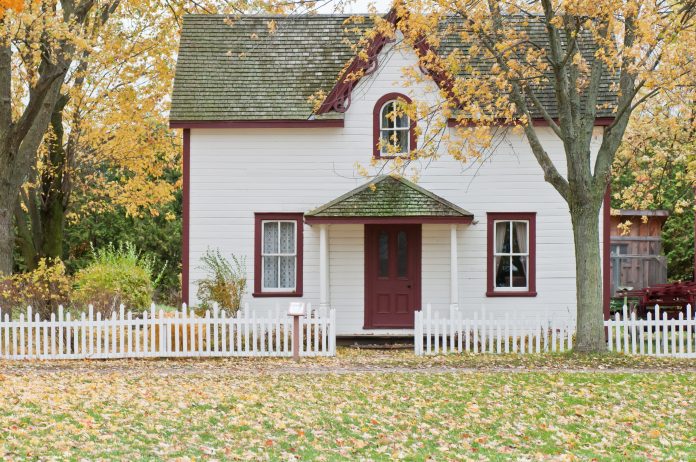The real estate industry has always been a cornerstone of the global economy, providing shelter, investment opportunities, and a vital space for businesses to thrive. However, the landscape of real estate is rapidly evolving, driven by technological advancements and changing consumer preferences. As we step into the future, the real estate industry is poised to undergo a profound transformation, embracing innovation and reshaping the way we buy, sell, and interact with properties.
One of the key drivers of change in real estate is the emergence of smart homes and connected buildings. With the rapid proliferation of Internet of Things (IoT) devices, properties are becoming increasingly interconnected and capable of gathering and analyzing data in real-time. Smart home technologies allow homeowners to control and automate various aspects of their property, from lighting and temperature to security and entertainment systems. These innovations not only enhance convenience and comfort but also offer potential cost savings and energy efficiency.
The integration of artificial intelligence (AI) into real estate processes is revolutionizing the way properties are managed, marketed, and valued. AI-powered algorithms can analyze vast amounts of data, enabling more accurate property valuations, predictive maintenance, and personalized recommendations for buyers and sellers. Virtual reality (VR) and augmented reality (AR) technologies are also making significant inroads in the real estate industry, allowing prospective buyers to take virtual tours of properties and visualize renovations or interior design changes before making a purchase decision.
The concept of sustainable and eco-friendly buildings is gaining traction as environmental concerns come to the forefront. Green building practices, such as energy-efficient designs, renewable energy integration, and water conservation measures, are becoming increasingly popular. Investors and tenants are placing greater emphasis on sustainable features and certifications like LEED (Leadership in Energy and Environmental Design) to minimize their carbon footprint and promote responsible development. The future of real estate will undoubtedly be characterized by a heightened focus on sustainability and environmentally conscious practices.
Blockchain technology holds immense potential for transforming the real estate industry. With blockchain, property transactions can be recorded in a decentralized and transparent manner, eliminating the need for intermediaries and reducing the risk of fraud. Smart contracts executed on blockchain platforms enable faster and more secure transactions, while fractional ownership models facilitated by tokenization allow for greater liquidity and accessibility to real estate investments. These advancements have the potential to democratize the real estate market, making it more inclusive and efficient.
Another significant trend reshaping the real estate landscape is the rise of flexible and remote work arrangements. The COVID-19 pandemic accelerated the adoption of remote work practices, and many companies are now embracing hybrid work models. As a result, the demand for traditional office spaces may decrease while the need for flexible workspaces and home offices increases. Co-working spaces, shared offices, and virtual office solutions are witnessing a surge in popularity, offering flexible options to cater to evolving work preferences. This shift is likely to impact commercial real estate dynamics, leading to the repurposing of office buildings and the emergence of new property types that cater to the evolving needs of businesses and individuals.
The future of real estate is undoubtedly going to be shaped by technological advancements, changing consumer preferences, and environmental considerations. Smart homes, AI-driven processes, sustainable practices, blockchain technology, and flexible work arrangements are just some of the factors driving the transformation of the real estate industry. Embracing innovation and staying adaptable will be crucial for industry professionals and stakeholders to thrive in this rapidly evolving landscape. As we embark on this exciting journey, the real estate industry has the opportunity to leverage technology and sustainable practices to create more efficient, inclusive, and environmentally conscious spaces for generations to come.










